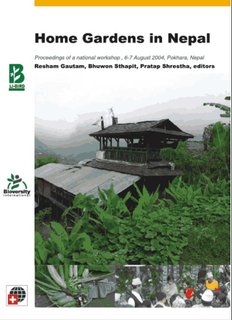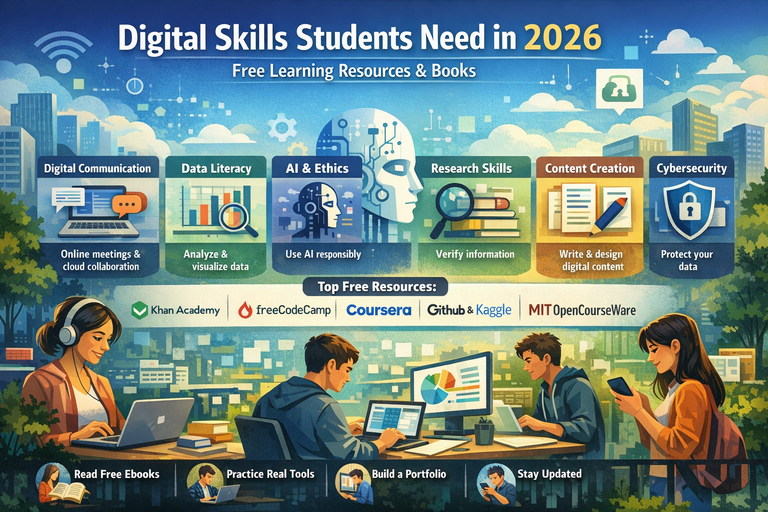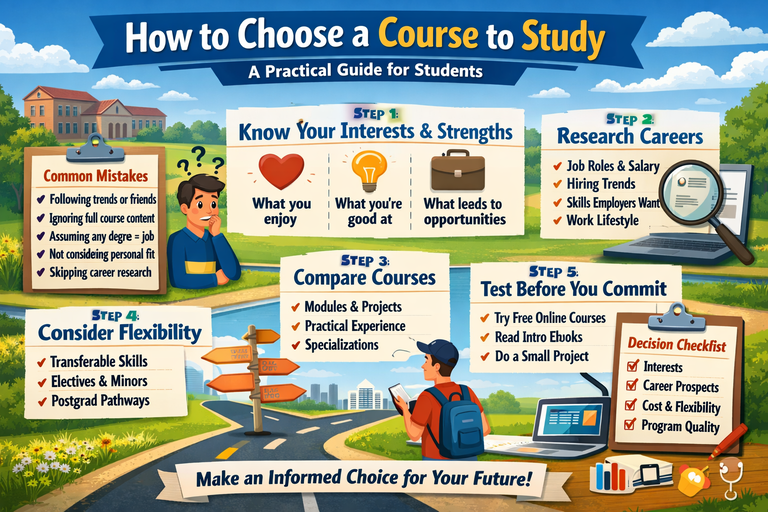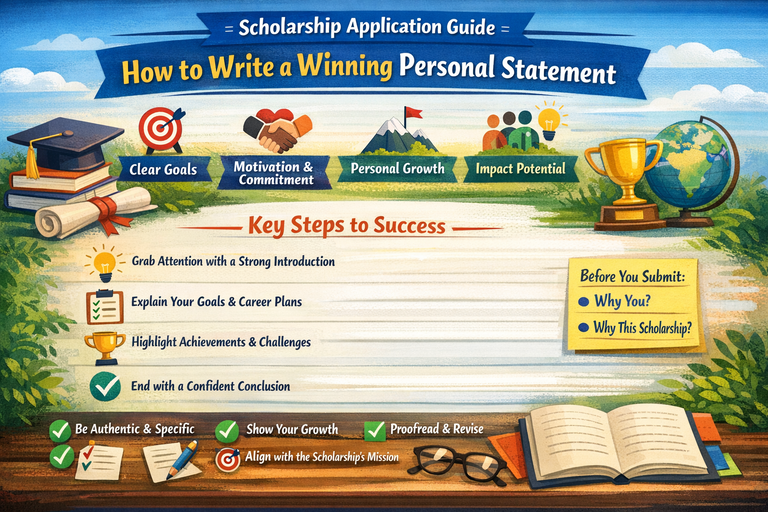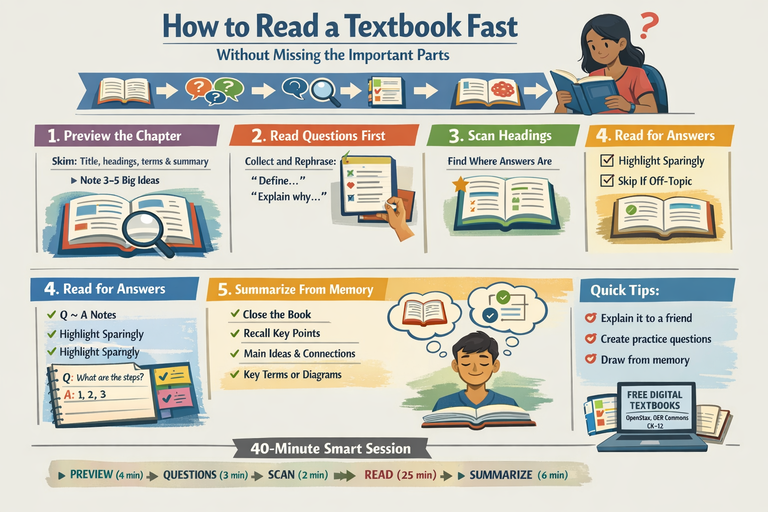Reading Across Cultures: Discovering World Literature
In an age of global connection and cross-border communication, literature remains one of the most powerful ways to understand the diverse cultures, traditions, and values that shape our world. World literature isn’t just about reading books from different countries—it’s about stepping into unfamiliar worlds, viewing life through the lens of others, and recognizing the universal threads that bind humanity together.
At Junkybooks, we believe that reading across cultures is essential for building empathy, broadening perspectives, and enriching our literary experiences. In this post, we’ll explore what world literature truly means, why it matters, and how it offers a passport to deeper global understanding.
What Is World Literature?
World literature refers to literary works from across the globe—novels, short stories, poetry, essays, and plays that transcend national borders and speak to universal themes. These works may be translated from their original languages or written in English by international authors. They provide insights into the social, political, economic, and emotional landscapes of different cultures.
Whether it’s Gabriel García Márquez’s magical realism in Colombia, Haruki Murakami’s surrealism in Japan, or Chinua Achebe’s postcolonial narratives in Nigeria, world literature paints a vast and varied picture of human experience.
Why Reading Across Cultures Matters
Reading culturally diverse literature offers several benefits:
-
Fostering Empathy: When you immerse yourself in a story told from a perspective different from your own, you begin to understand what it’s like to live someone else’s life—often in situations you may never encounter firsthand.
-
Challenging Stereotypes: Exposure to authentic cultural voices helps dismantle harmful stereotypes and dispel misconceptions. You’re no longer relying on media portrayals; instead, you’re hearing directly from the people who live within those societies.
-
Broadening Literary Taste: Every culture has its own storytelling traditions, stylistic approaches, and thematic concerns. Discovering these can greatly expand your appreciation of literary techniques and styles.
-
Contextualizing Global Events: Books from other parts of the world provide historical and political context that helps readers understand current global issues in a more nuanced way.
-
Celebrating Diversity: Ultimately, reading across cultures is about celebration—of voices, traditions, struggles, and triumphs that may be vastly different yet inherently relatable.
The Power of Translation
Translation plays a critical role in world literature. Without it, many of the world’s greatest literary works would be inaccessible to the majority of readers. Translators are not just language experts; they are cultural interpreters, preserving tone, nuance, and emotion while making the text readable to a new audience.
Books like One Hundred Years of Solitude, The Shadow of the Wind, or The Alchemist owe much of their global success to skilled translation. As a reader, exploring translated literature opens the door to voices you might otherwise never hear.
Must-Read World Literature by Region
Here are just a few powerful examples of world literature that have left lasting impacts:
Latin America:
-
One Hundred Years of Solitude by Gabriel García Márquez (Colombia) – A sweeping tale of magic, memory, and the rise and fall of a family and a nation.
-
The Death of Artemio Cruz by Carlos Fuentes (Mexico) – A compelling examination of identity, power, and revolution.
Asia:
-
The God of Small Things by Arundhati Roy (India) – A poetic and heartbreaking story about family, love, and social politics.
-
Norwegian Wood by Haruki Murakami (Japan) – A delicate exploration of memory, loss, and the transition into adulthood.
Africa:
-
Things Fall Apart by Chinua Achebe (Nigeria) – A cornerstone of African literature that critiques colonialism and cultural disruption.
-
Half of a Yellow Sun by Chimamanda Ngozi Adichie (Nigeria) – A vivid portrayal of love and war during the Nigerian Civil War.
Middle East:
-
Persepolis by Marjane Satrapi (Iran) – A graphic memoir that recounts growing up during the Iranian Revolution.
-
Season of Migration to the North by Tayeb Salih (Sudan) – A postcolonial narrative that examines identity, displacement, and the legacy of colonialism.
Europe:
-
The Unbearable Lightness of Being by Milan Kundera (Czech Republic) – A philosophical exploration of love, freedom, and fate during the Prague Spring.
-
My Name Is Red by Orhan Pamuk (Turkey) – A murder mystery woven into a rich tapestry of Ottoman art and history.
These works are just the beginning of a global literary journey. Each book acts as both a mirror and a window—showing you yourself while revealing the lives of others.
How to Start Reading Across Cultures
If you’re new to world literature, here are some tips to get started:
-
Explore Awards and Lists: Look into the winners of the International Booker Prize, the Nobel Prize in Literature, or the Neustadt International Prize. These awards often highlight outstanding global voices.
-
Join a Multicultural Book Club: Reading alongside others and discussing diverse literature can deepen your understanding and encourage new reading habits.
-
Diversify Your Shelf: Make a conscious effort to include authors from various regions and backgrounds in your reading list. Challenge yourself to read a book from each continent.
-
Follow Global Book Bloggers: Many online influencers and literary blogs focus on world literature. They can be a great source for curated recommendations.
-
Support Translated Works: Seek out independent publishers who specialize in translation and international literature, such as Archipelago Books, Europa Editions, or Open Letter Books.
Overcoming Challenges
Reading across cultures can come with its challenges—unfamiliar references, different narrative structures, or complex political and historical contexts. But these hurdles are part of the learning process. The more you read, the easier it becomes to navigate and appreciate the richness of another culture’s literary voice.
Don’t be discouraged if the first few chapters feel foreign or difficult. Stick with it. Often, the most rewarding reading experiences come from books that push you beyond your comfort zone.
The Role of World Literature in Education
Incorporating world literature into school and university curricula is essential for building global citizenship. It encourages students to think critically, appreciate diversity, and recognize the interconnectedness of human experience. Reading international works helps young people develop the empathy and awareness needed in an increasingly global society.
Unfortunately, many curriculums still lean heavily on Western literature. Advocating for a more inclusive reading list in classrooms is a step toward building a more open-minded and literate world.
Final Thoughts
Reading across cultures isn’t just about checking off countries on a map—it’s about opening your mind to the depth and breadth of human experience. At Junkybooks, we believe world literature offers something every reader craves: connection. Whether it’s with a faraway place, a historical moment, or a person you’ll never meet, these stories remind us that, despite our differences, we share many of the same hopes, fears, and dreams.
So the next time you pick up a book, consider stepping outside your literary comfort zone. Let a different culture's voice into your imagination—you might just discover a new favorite author, or even a new way of seeing the world.



